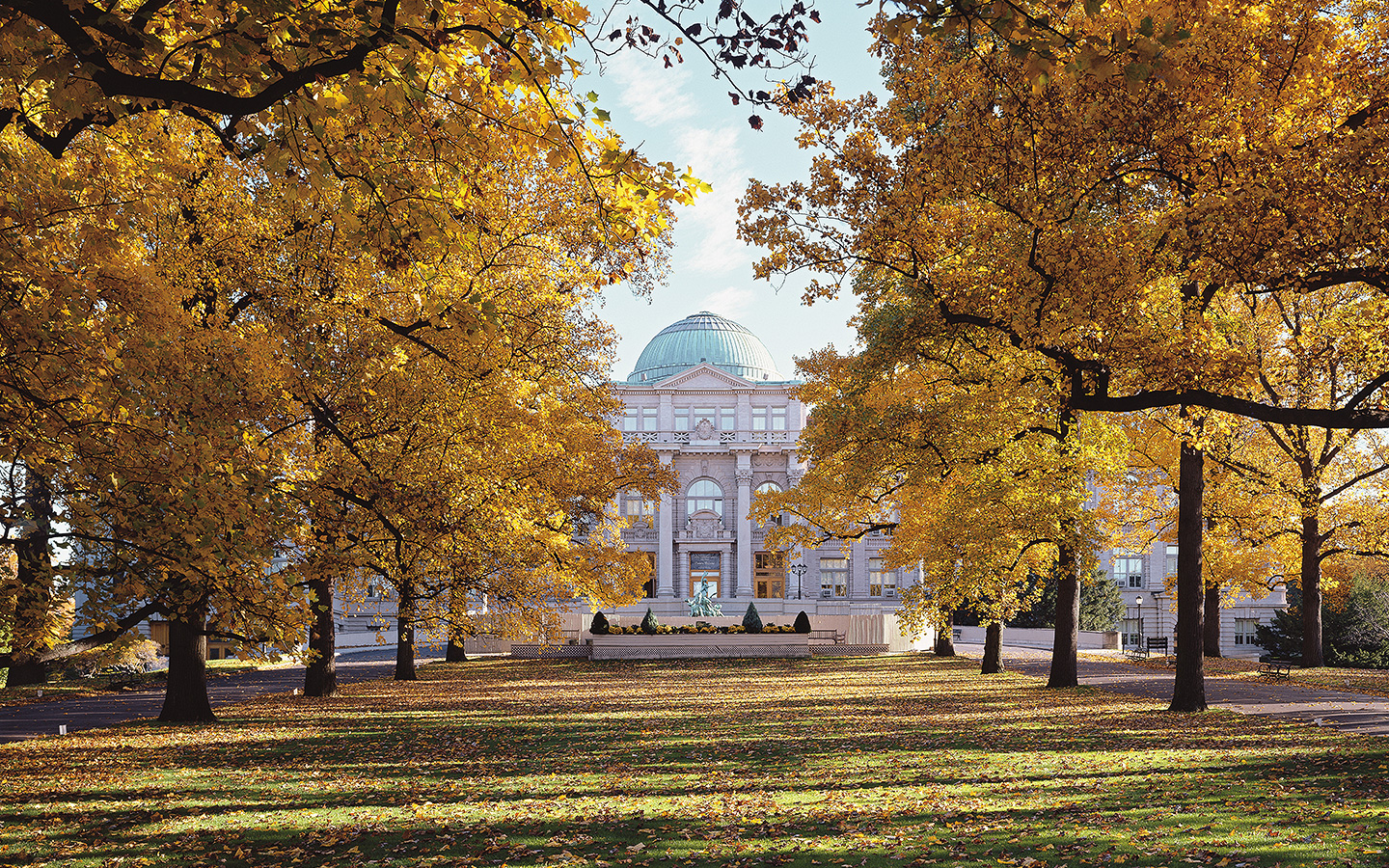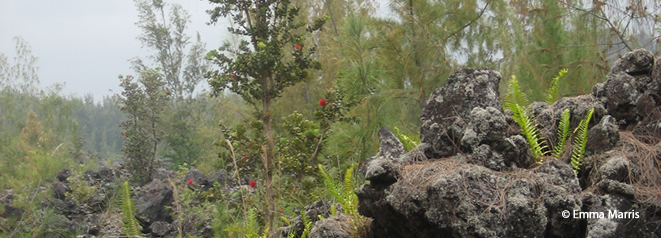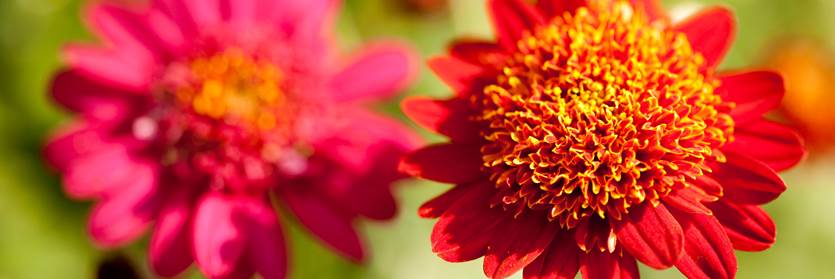November 7: The Changing Nature of Nature in Cities
Posted in Programs and Events on October 10 2014, by Lansing Moore

The LuEsther T. Mertz Library’s new Humanities Institute will soon host its second symposium. NYBG has invited four experts in the field of human-impacted environments to share their thoughts this November 7 on The Changing Nature of Nature in Cities.
More than 50% of the global population now lives in cities, densely populated urban areas where the natural world has been most altered and, in most cases, almost totally obliterated. Such environmental damage has contributed in part to the climate change that now threatens these very cities and their inhabitants. Our panelists will look to urban landscapes for potential answers to the current environmental crisis.
The evening’s guest speakers will include Richard J. Hobbs, leader of the Ecosystem Restoration and Intervention Ecology Research Group, whose research focuses on effective ecosystem interventions in a changing world; Peter Del Tredici, Adjunct Associate Professor of Landscape Architecture at Harvard School of Design and author of Wild Urban Plants of the Northeast: A Field Guide (Cornell University Press, 2010); Emma Marris, author of Rambunctious Garden: Saving Nature in a Post-Wild World (Bloomsbury, 2011) and the blog “Everyday Nature“; and Kate Orff, founder of SCAPE / LANDSCAPE ARCHITECTURE and an Associate Professor at the Columbia School of Architecture.

We cannot wait to hear what these thought leaders have to say about some of the greatest questions facing humanity and its relationship to built environments and the natural world.
The Humanities Institute at the LuEsther T. Mertz Library seeks to create a public forum, stimulate discourse, and promote new thinking about our rapidly changing society and its relationship with nature and the environment. The purpose of the Institute is to form an intellectual community of students, visiting scholars, and graduate fellows, whose research involves innovative, interdisciplinary approaches to areas of landscape and garden design, urbanism, ecology, art, architecture, cultural history, and other subjects that form part of the environmental humanities.

